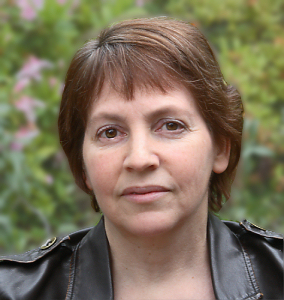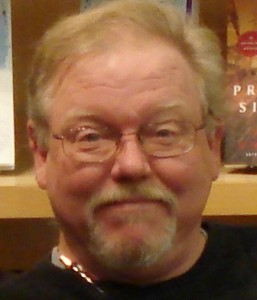For those who don’t know, National Novel Writing Month (NaNoWriMo, or NaNo) is an online activity sponsored by the nonprofit Office of Letters and Light. Each year, during the month of November, writers all over the world attempt to write at least 50,000 words of a novel entirely within that month. You can post your word total online and see charts showing how far you’ve come, how far you have to go, what your average word count per day needs to be in order to finish, etc. There are forums for asking questions (e.g., “How much arsenic would it take to kill a turkey vulture?” or “What language(s) do people speak in Lichtenstein?”), or suggesting memes to be incorporated in one’s novel (e.g. the notorious Traveling Shovel of Death). If you reach 50,000 words, as measured by the website’s word count validator, you are a “winner” and receive various symbolic goodies, plus a free proof copy of your book from CreateSpace.
My first experience with NaNoWriMo was secondhand. In 2009, my older daughter found out about NaNo somehow and decided to give it a try. (She had written a number of short stories and poems, but nothing longer.) She came up with her plot during a car ride with a friend. She persevered despite the demands of her senior year in high school, and a mid-November trip to visit the Savannah College of Art and Design. She “won” with a day or two to spare, producing a lovely road-trip coming-of-age love story.
At her age, I had not yet despaired of writing fiction, but I had already given up on writing novels. After writing a novel at age 10, realizing it was dreadful, then starting and abandoning another at age 14, I wrote poetry for a few years and tired of my poetic style. Still sure I was meant to write, searching for my proper form, I signed up for a short story writing seminar. One day, as we were discussing our work, the instructor cheerfully commented that I had done something or other quite well for someone who “wasn’t a born writer.” Having my lifelong certainty so casually contradicted was a last straw. I stopped writing anything but the expository prose required for my literature classes. I went to law school and learned to churn out persuasive argument in quantity. Continue reading “Special Guest, Author Karen Wyle Shares Her NaNoWriMo Experience”


